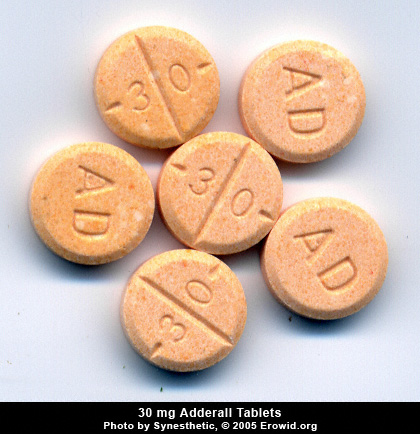
Effects on the
Body and Mind
Short-term physiological effects include decreased hunger, increased stamina and physical energy, involuntary bodily movements, increased sweat production, hyperactivity, nausea, itchy, blotchy or greasy skin, and headaches.
Long term physiological effects can include changed sleep patterns, poor skin condition, lowered immune system effectiveness, erectile dysfunction, heart problems, stroke, liver, kidney, and lung damage. When snorted, amphetamines can lead to a deterioration of the lining of the nostrils.
Short-term psychological effects can include euphoria, increased concentration, rapid talking, increased confidence, hallucinations, and loss of REM sleep (dreaming) the night after use.
Long term psychological effects can include insomnia, aggressiveness, addiction with accompanying withdrawal symptoms, and irritability. Chronic use can lead to amphetamine psychosis which causes delusions and paranoia. Amphetamine psychosis resembles that of schizophrenia.
Uses

 It
is because of the increased confidence and stamina, and euphoric effects of
amphetamines that they are a drug of abuse. Amphetamine abuse is common place at
“raves” and is also associated with people with depression.
It
is because of the increased confidence and stamina, and euphoric effects of
amphetamines that they are a drug of abuse. Amphetamine abuse is common place at
“raves” and is also associated with people with depression.

Picture taken from http://www.erowid.org/chemicals/amphetamines/ without permission
Today amphetamines have little clinical use. In the medical world, the use of amphetamines as treatments for depression and obesity is strongly discouraged. The only widely accepted medical uses of amphetamine are in the treatment of ADHD in children and narcolepsy.